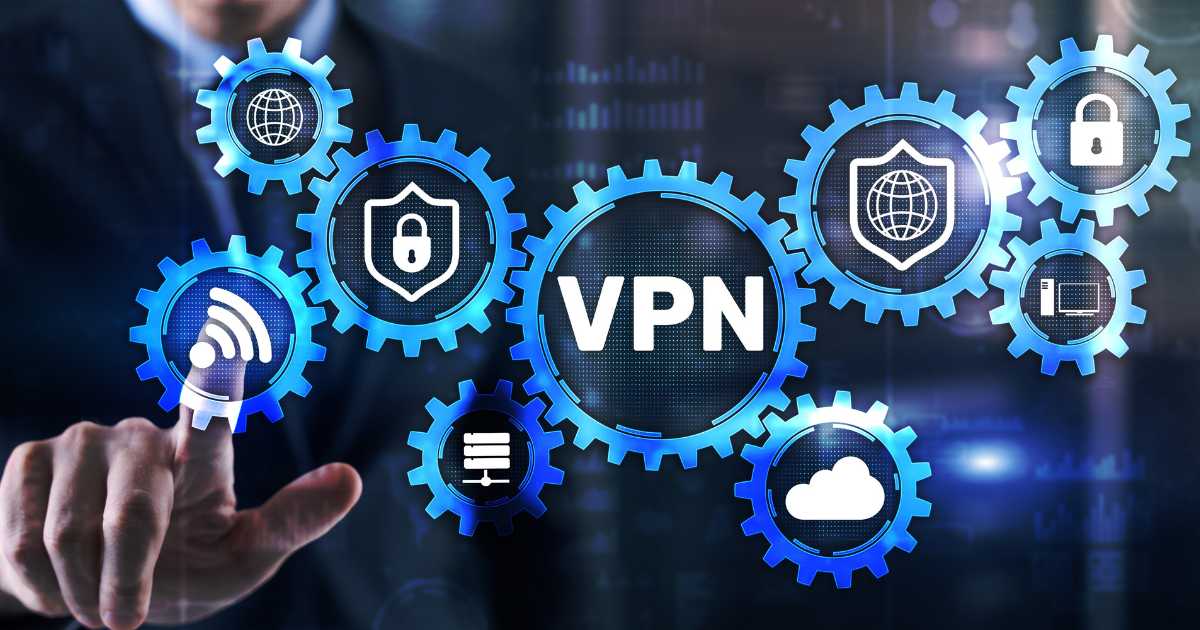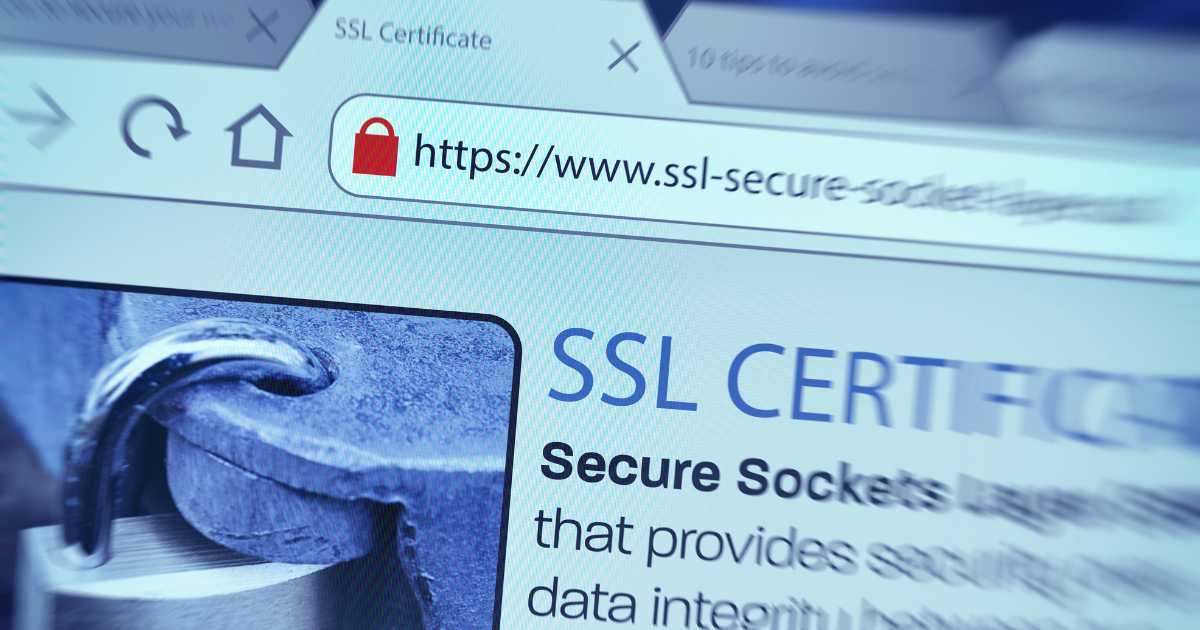As more companies and individuals work remotely, there has been an alarming increase in the rate of internet crimes. Hackers and other nefarious individuals use various methods to access information and valuable resources online.
This makes it vital for large companies with many remote workers or several branch offices that are spread out to use sophisticated means to guarantee secure connections. One of the best ways to ensure digital security is by using VPN concentrators.
What Is a VPN Concentrator?

A VPN concentrator is a type of networking device that enables users to create secure connections over their mobile networks. What a VPN connector does is similar to what VPNs do, but on a larger scale.
While a VPN router can work for a single or few mobile devices, VPN concentrators provide secure network communications for many users across different locations.
What Does a VPN Concentrator Do?
The work of a VPN concentrator is mainly to provide remote access to thousands of users over a corporate network. All outgoing and incoming communications are encrypted to keep out unauthorized individuals. The encryption protocols ensure that only authorized VPN clients can connect to the networking device.
A simple way to understand what a VPN concentrator does is to imagine encrypting a communication as it is sent. The information remains encrypted until it reaches its destination.
Then it is decrypted when it gets to other connected VPN servers. The security protocols are tighter than private VPN routers and public networks.
To fully comprehend what a VPN concentrator does, you may have to understand other related terms like VPN servers and routers. These VPN services change users’ IP addresses to virtual ones that cannot be tracked.
However, the server and router only work on a small scale, while VPN concentrators work on a larger scale.
It creates VPN tunnels to manage data by encrypting and decrypting them across the centralized network. The network’s security is guaranteed through user authentications that ensure only approved VPN clients can access resources on the network.
Why Use a VPN Concentrator?
Companies use VPN concentrators to provide safe tunnels from a central location to various physical locations. It is a type of router device that manages VPN communication infrastructures. This will ensure that information on the internal systems is accessible only to authorized individuals.
Many large firms and companies with many workers across various branches use VPN concentrators because they can support the volume. VPN concentrators can support thousands of users over dedicated hardware appliances.
If your workforce is larger than average, you can expand the company network using Scalable Encryption Processing (SEP) modules. These will allow you to increase the VPN concentrator’s capacity and performance.
You should note that VPN concentrators are not exclusive to large corporations. Some small businesses that need the utmost security use this VPN technology to enjoy its advanced features.
These feature sets include faster internet speed, advanced encryption techniques, centralized storage, and minimal security vulnerabilities. VPN routers work fine for small businesses in most instances, leaving no need for advanced security options like a VPN concentrator.
VPN concentrators come in different types and offer slightly different features. You can find a good one that will protect you against external attacks, even on tight budgets.
As an individual user, you will most likely not need VPN concentrators personally. A robust VPN router with solid encryption protocols should guarantee secure network communications. Remember to avoid public networks, as hackers always loom around those unprotected networks.
Types of VPN Concentrator Protocols
VPN concentrators rely on robust encryption protocols to achieve their purposes. So, it is common to see VPN concentrators using one of these standard encryption protocols. Some types of VPN concentrator protocols you should know include:
IPsec
Internet Protocol Security is one of the two primary VPN protocols concentrators use to achieve their purposes. It relies on the operating system’s extension to create a secure VPN tunnel.
Due to its design, VPN concentrators using IPsec are preferable for connecting networks between branch offices and corporate networks.
IPsec is very secure and requires all users to install VPN software on their work computers. IPsec is very safe, but it limits users to the fact that they have to know how to install the software on their computers. It is also more complex to set up and time-consuming as it requires every VPN client to allow other users to connect to the tunnel before they can access the centralized network.
SSL Encryption

The second primary type of VPN protocol is the Secure Socket Layer (SSL). This type of VPN protocol is integrated into the web browser, so there is no need to install the software. This design provides a more extensive reach across mobile devices than IPsec. Users can access their corporate networks from any remote location.
SSL encryption uses Transmission Control Protocol (TCP) Port 443 in its processes. Users can employ Port Forwarding to customize the protocol’s configuration to suit their purposes.
The design makes it simple to use this protocol, but it is only accessible over the internet due to being web-based. Intranet or internal devices do not work here. Its style makes SSL encryption the preferred choice for connecting a single host to a corporate network.
Each of these VPN concentrators provides varying degrees of security and coverage. They also have noticeable differences in speed, technology, and extra features. IPsec is generally more secure than SSL-VPN. However, the latter is simpler to configure, reducing the risk of misconfiguration that can cause security vulnerabilities.
Some top VPN concentrators support both IPsec and SSL-VPN on the same network. These are usually on the higher side of the price spectrum.
If you cannot afford those or feel like you do not need them, you can opt for a VPN concentrator with only one of the two protocols. You already know what each offers, so you must decide which features you prefer.
VPN Concentrator and Key Related Terms
A VPN concentrator connects a network from a central location to many users in remote sites. However, people often need clarification on many related terms. Here are some of them:
VPN Router
A VPN router works similarly to a VPN concentrator but on a smaller scale. It helps you create secure connections for communication but only within a short group. It helps create a secure network setup, especially for individual users and small companies on tight budgets.
You can get a good router for almost any reasonable amount as they offer different features that boost your network security.
Site-to-Site Connection
Site-to-site connection is another type of VPN server that many need clarification to understand. It is functionally similar to a VPN concentrator, but they are different in their approaches to creating secure networks.
Site-to-site concentrators connect remote sites in fixed physical locations to the central location. Meanwhile, a VPN concentrator’s users can be in any place and even change their locations over time.
Frequently Asked Questions
Despite being around for a while, many people still need to learn what a VPN concentrator is and what it does. Therefore, we will answer some frequently asked questions in this section.
How much does a VPN concentrator cost?
A VPN concentrator can cost anywhere between $200 and $2,000. A VPN concentrator’s exact cost depends mainly on its features. VPN concentrators with tighter security, higher speed, and a broader reach typically cost more than those that only offer the standard package. You may also spend more configuring a typical concentrator to suit your desire.
Is VPN concentrator a router?
A VPN concentrator is similar to a router and works like one. However, it does this on a much larger scale than regular routers. A concentrator is distinguished by its ability to connect many users from remote locations to a centralized network. It creates tunnels for these users, which encrypt and decrypt their messages as they move from one place to another.
Do I need a VPN concentrator?
You need a VPN concentrator if you manage a large business with several branch offices or workers operating from remote sites. A VPN concentrator will protect your information from hackers and others who may interject it while in transport mode.
You do not need a VPN concentrator if you only operate a small business, as its cost can be too high. Instead, you should use a VPN router, which mainly offers adequate security for small and medium enterprises.
What is the difference between a VPN and a VPN concentrator?
A VPN concentrator is an advanced form of a regular VPN server. While the former serves large businesses, the latter is preferable for individual users and small businesses.
A VPN concentrator is typically more sophisticated than a regular VPN as it offers more encryption and internet speed. It also costs more, which makes it unaffordable for most people who use VPN servers.
Final Thoughts
VPN concentrators have changed the cyber security game since Cisco first introduced them. In addition to Cisco Meraki, we now have other fantastic VPN concentrators like Aruba and ShoreTel.
Now that we’ve answered the question “what is a VPN concentrator?” you can deliberate on its usefulness to your company’s cyber security. Getting the right one will require you to research what it offers and how it can best serve your purposes.
- IPSec vs. OpenVPN: Which Is Better? - December 10, 2022
- How to Turn Off VPN on Mac: A Step-by-Step Guide - December 10, 2022
- What Is a VPN Concentrator and What Does It Do? - December 10, 2022





